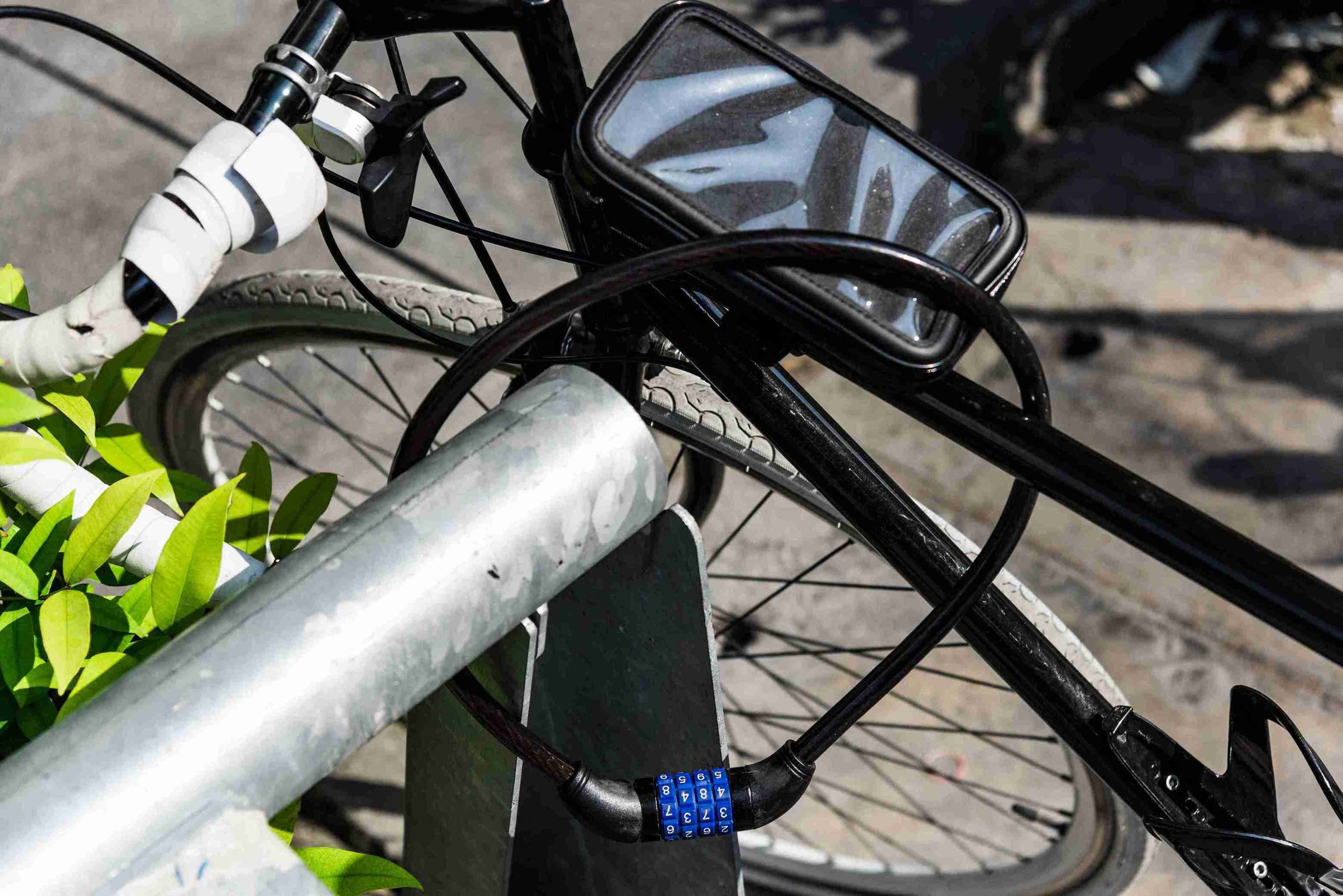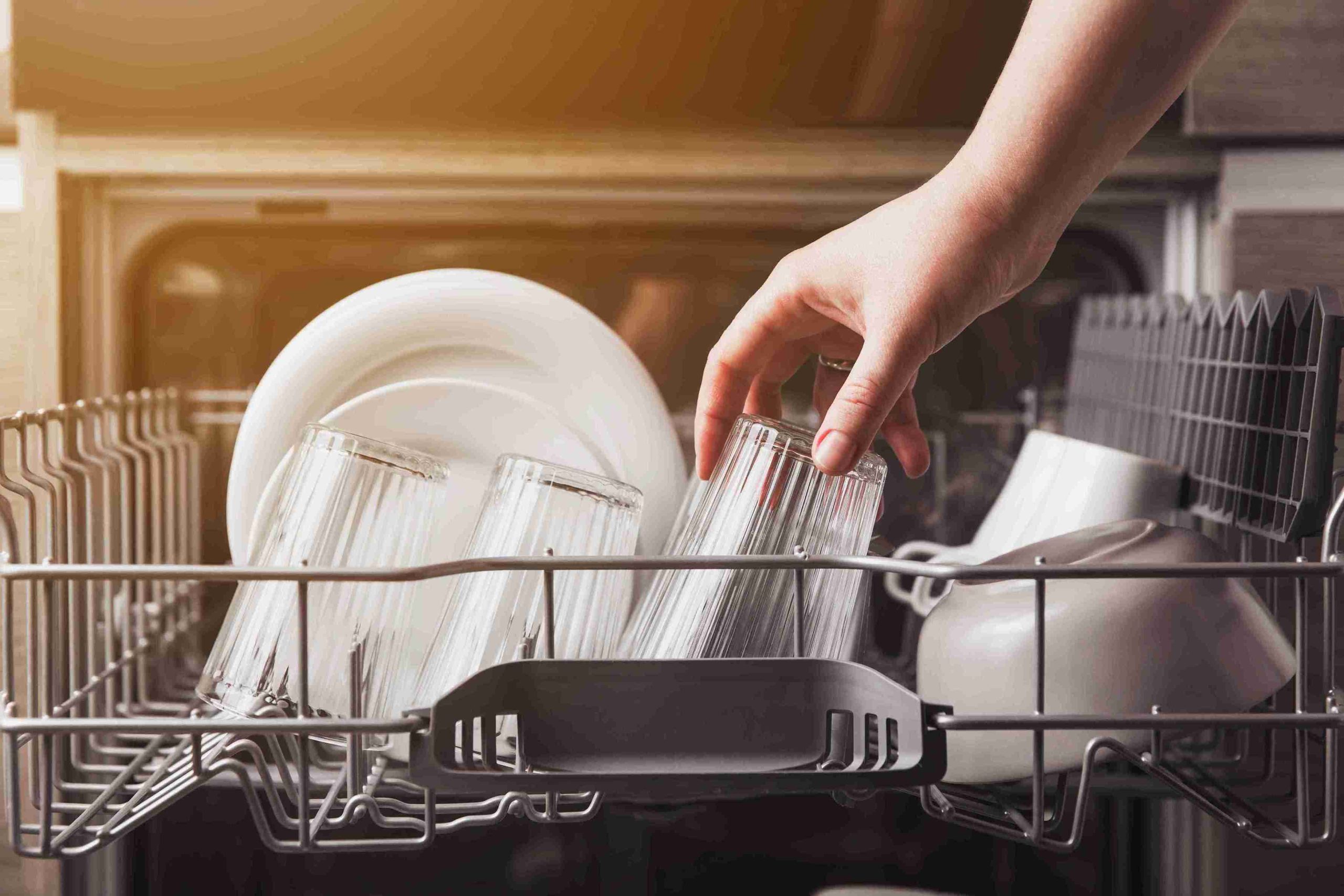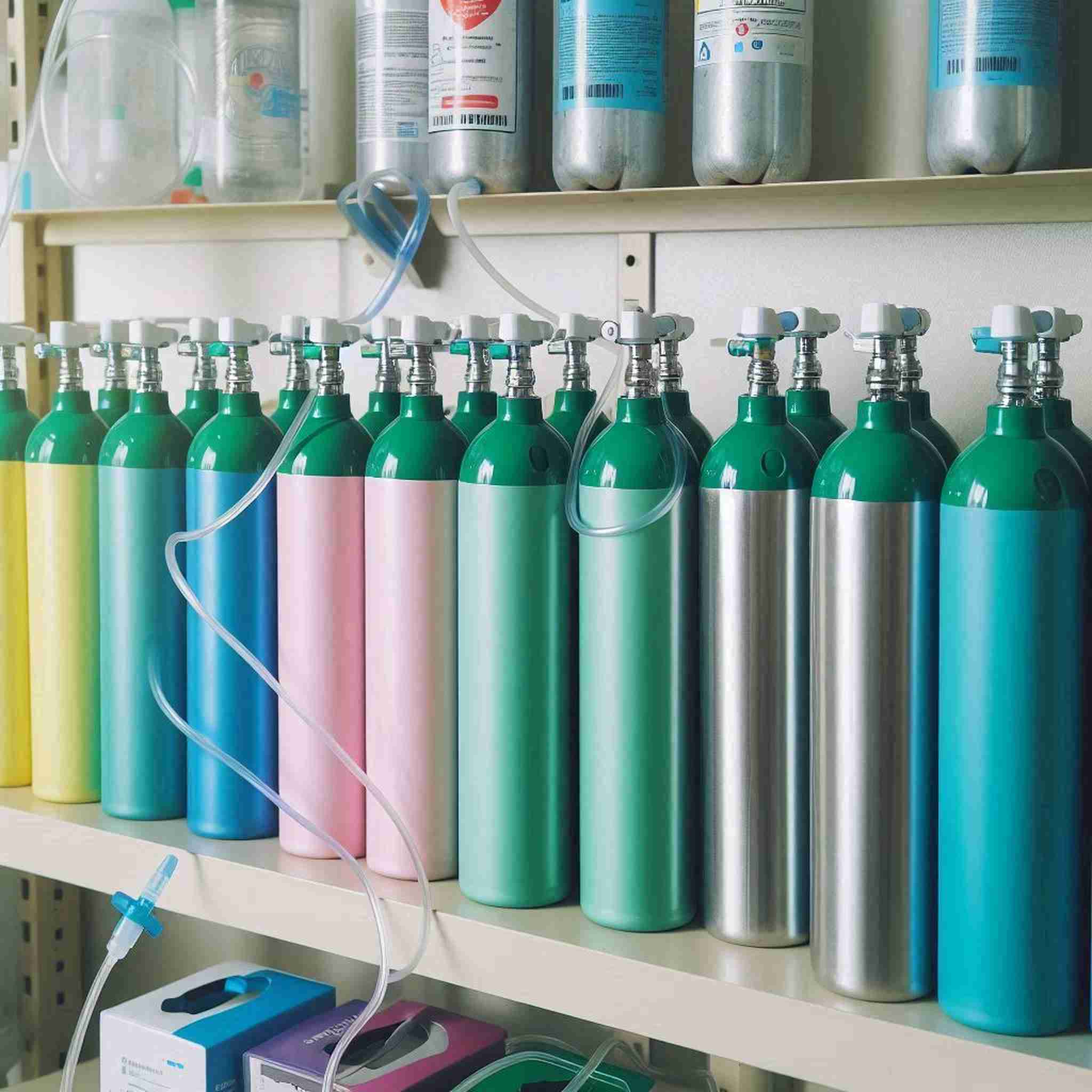The worlds of industrial engineering and modern retail may seem far apart, yet surprising connections emerge when we look closer. One reflects mechanical precision and manufacturing strength, while the other showcases convenience-driven consumer culture. At the center of this discussion are hardware stamping mold accessories and the growing trend of the beauty products vending machine.
In this article, we will explore how these technologies function, the markets they serve, and what their evolution means for the future. Without further delay, let’s begin with our article.
Hardware Stamping Mold Accessories: The Backbone of Precision Manufacturing
Hardware stamping is a manufacturing process that uses dies and presses to shape sheet metal into specific forms. From automotive parts to electronics casings, this technique underpins countless products we use daily. At the heart of this process lie hardware stamping mold accessories. Such accessories are components that ensure accuracy, durability, and consistency.
These accessories include punches, dies, guide pillars, springs, and precision inserts. Their role is to guarantee that each press cycle delivers identical results, even at extremely high volumes. A slight defect in mold accessories can result in large-scale production losses, making quality and precision non-negotiable.
Global demand for hardware stamping continues to rise. According to recent reports, the stamping industry is projected to surpass USD 300 billion by 2030, with strong growth driven by automotive lightweighting trends, consumer electronics expansion, and demand for sustainable packaging. Accessories, though often unseen, are indispensable for maintaining this pace of production.
Innovation and Trends in Stamping Mold Accessories
The market for hardware stamping mold accessories is evolving rapidly. Manufacturers are integrating advanced materials such as carbide alloys and high-speed steels to extend tool life. Computer-aided design (CAD) and computer-aided manufacturing (CAM) software are being used to improve precision and reduce development time.
Another significant trend is modular tooling. This allows manufacturers to replace only specific components of the mold rather than the entire unit, significantly reducing downtime and cost. In addition, automation and robotics are being integrated into stamping workshops, which increases reliance on durable and efficient mold accessories.
For global industries, especially automotive and electronics, these advancements ensure faster production, reduced waste, and higher-quality output.
Beauty Products Vending Machines: Redefining Retail Convenience
On the other side of the spectrum lies a completely different innovation which is the beauty products vending machine. These automated retail solutions are transforming how consumers purchase cosmetics and personal care items. From airports and shopping malls to gyms and hotels, beauty vending machines make products available at the touch of a button.
The global vending machine market is valued at over USD 30 billion, and beauty-specific vending is carving out a growing share. The appeal lies in accessibility, speed, and novelty. Consumers no longer need to wait in long queues or depend on store timings; vending machines provide instant access to products like lipsticks, moisturizers, sheet masks, and fragrances.
In countries like South Korea, Japan, and the United States, beauty vending machines are already well-established. Emerging markets are also adopting them rapidly as consumer lifestyles become more fast-paced and digital-first.
Technology Behind Beauty Vending Machines
Modern beauty products vending machines are far more than simple dispensers. They are equipped with touchscreen interfaces, cashless payment options, and even augmented reality (AR) features that allow consumers to virtually try products before purchasing.
Some advanced models use AI-driven recommendations to suggest products based on skin type, age group, or purchase history. This personalization enhances the shopping experience while also helping brands gather valuable consumer insights.
For businesses, vending machines represent a cost-effective retail channel. They eliminate the need for full-scale stores, reduce staffing costs, and allow brands to place machines in high-traffic locations, increasing visibility and sales.
The Unexpected Connection Between Precision Manufacturing and Retail Convenience
At first glance, hardware stamping mold accessories and beauty products vending machines may seem unrelated. One serves heavy industries, while the other caters to lifestyle and personal care. However, both reflect the same underlying principle: precision meeting demand.
For vending machines to function flawlessly, every internal component—whether it is the dispensing mechanism, electronic casing, or coin slot—relies on precision-manufactured parts. Here, hardware stamping and its accessories play an indirect yet critical role. Without reliable stamping processes, vending machines would lack the durability and efficiency required for round-the-clock operation.
This shows how industrial and consumer sectors, though seemingly different, are deeply interconnected. The precision behind mold accessories enables the convenience consumers enjoy at a vending machine.
Market Insights: Growth Opportunities in Both Sectors
Hardware Stamping Mold Accessories
- Demand is driven by industries such as automotive, aerospace, and consumer electronics.
- Lightweight automotive parts, electric vehicle (EV) components, and renewable energy equipment are fueling growth.
- Asia-Pacific, led by China, dominates global production, but Europe and North America are investing heavily in high-quality accessory innovation.
Beauty Products Vending Machines
- Demand is rising in urban centers and travel hubs, where time-pressed consumers prioritize convenience.
- The global cosmetics industry, valued at over USD 500 billion, provides a massive market opportunity for vending distribution.
- Emerging trends include eco-friendly vending machines with recyclable packaging options and AI-powered beauty consultations.
Both markets highlight how technology and lifestyle changes are driving investments and reshaping traditional models of production and retail.
Future Outlook: Precision Meets Personalization
Looking ahead, both industries are set to evolve further.
- Hardware Stamping Mold Accessories: Future trends will likely include integration with smart manufacturing systems, predictive maintenance using IoT sensors, and sustainability-focused materials.
- Beauty Vending Machines: We can expect wider adoption of AI, biometric authentication for age-restricted products, and eco-conscious solutions like refill stations for skincare and makeup.
Together, these outlooks show how precision in production and personalization in retail are converging to define the next phase of global industry.
Conclusion:
The worlds of hardware stamping mold accessories and beauty products vending machines may appear unrelated at first, yet both highlight the power of innovation in meeting diverse demands. One ensures flawless production of essential components, while the other enhances consumer convenience in beauty retail.
For manufacturers, retailers, and entrepreneurs, the message is clear: precision and convenience are not confined to separate domains. Instead, they are interconnected forces shaping the industries of tomorrow. By recognizing these links, businesses can position themselves to thrive in a future where efficiency, accessibility, and consumer satisfaction remain the ultimate goals.




